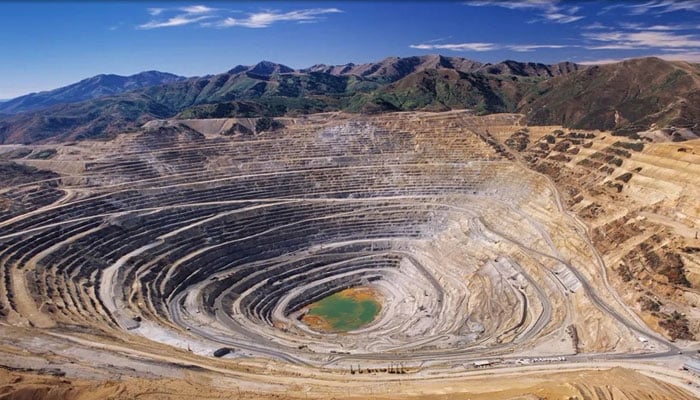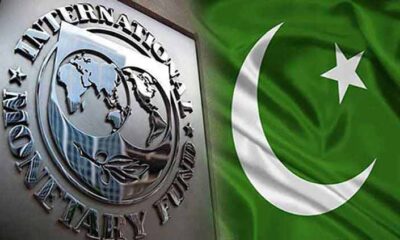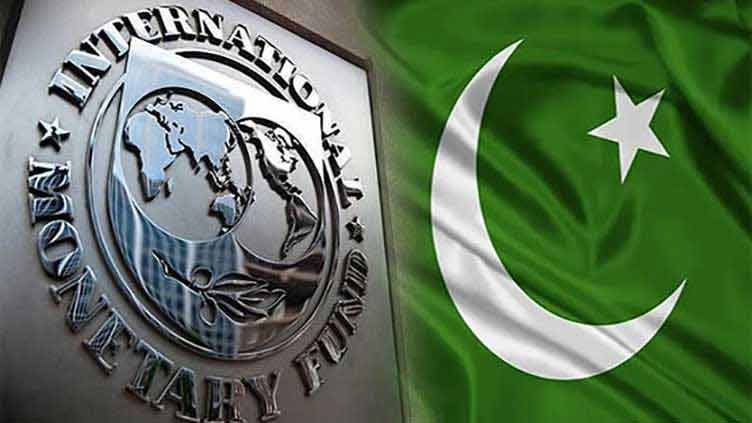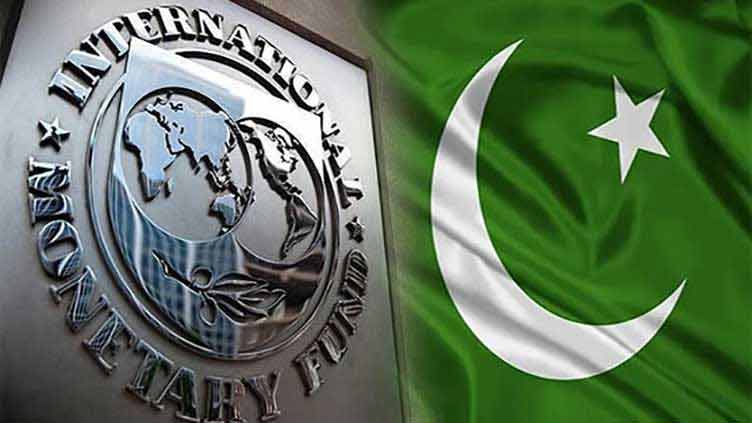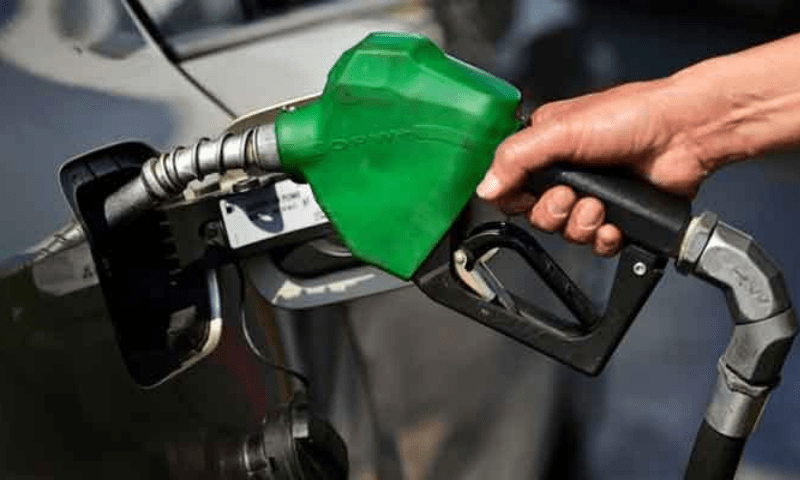- Progress on deal expected during 3-day mineral forum in Riyadh.
- Energy minister leads high-level Pakistani delegation.
- Delegation likely to discuss KSA’s interest in building refinery.
ISLAMABAD: Talks with Saudi Arabia on a potential investment deal in the Reko Diq copper and gold project are expected to progress during a three-day mineral forum that began today in Riyadh, The News reported citing an energy ministry official on Tuesday.
A high-level Pakistani delegation led by caretaker Energy Minister Muhammad Ali is attending the Future Minerals Forum (FMF), a platform to promote mineral value chains in Africa, Western and Central Asia, which will be held from January 9 to 11 in Riyadh.
The secretary of the petroleum division and officials from the Special Investment Facilitation Council (SIFC), Pakistan Mineral Development Corporation (PMDC), Oil and Gas Development Company Limited (OGDCL), Pakistan Petroleum Limited (PPL) and Geological Survey of Pakistan (GSP) will also be part of the delegation.
The delegation is also likely to discuss Saudi Arabia’s interest in building a refinery in Pakistan, the official said.
“Pakistan authorities may also take up this issue of paramount importance with Aramco officials during the visit.” Aramco wants the participation of Sinopec — a Chinese company in the refinery project and Pakistan has agreed to it.
Saudi Arabia is seeking to attract SR63.7 billion ($170 billion) worth of investment in the mining industry by 2030 to help the country capitalise on its wealth of mineral resources, the total value of which is estimated to exceed SR4.88 trillion ($1.3 trillion), an official said.
In 2022, the Geological Survey of Pakistan (GSP) and Ma’aden, a Saudi-owned mining company, developed an understanding for a survey to locate the treasures of the minerals.
Apart from attending the Forum, the official said, the relevant authorities of Saudi Arabia and Pakistan during the visit will also deliberate on the possible investment in the Reko Diq project and both countries may strike a deal to this effect.
In addition, the visiting authorities are also likely to take up with Saudi Arabia its interest in installing a state-of-the-art deep conversion refinery in Pakistan. The SIFC is highly keen to sell government shares to Saudi investors to enhance the footprints of Saudi investment in Pakistan.
The investment that is to be made by Saudi investors (KSA) will be treated as a strategic investment, one official stated to The News, while quoting SIFC’s top official.
Under the revised agreement, 50% of shares are held by the Canadian company Barrick Gold Corporation whereas Antofagasta of Chile has exited the project in return for $900 million deposited by three entities of the federal government — OGDCL, PPL and Government Holdings Private Limited.
These entities hold a 25% share in the project whereas the same number of shares are owned by Balochistan. Of them, 15% are on a fully-funded basis and 10% on a free carried basis.
The Energy Minister Ali and top officials of the power division have played a pivotal role in the directives of SIFC to make an agreement of the government of Pakistan with K Electric and resolve all its issues to facilitate its main owner which is Aljomaih Power Limited Company of Saudi Arabia.
It was one of the conditions from the Kingdom that Pakistan should first facilitate Aljomaih Power Limited of Saudi Arabia by resolving all issues of KE for more investment in Pakistan in mining, refinery, agriculture and other sectors.
The majority shares — 66.4% — of the company are listed in the PSX owned by KES Power, a consortium of investors including Aljomaih Power Limited of Saudi Arabia, National Industries Group (Holding), Kuwait, and the Infrastructure and Growth Capital Fund (IGCF).

 Latest News2 days ago
Latest News2 days ago
 Latest News3 days ago
Latest News3 days ago
 Latest News3 days ago
Latest News3 days ago
 Latest News3 days ago
Latest News3 days ago
 Latest News3 days ago
Latest News3 days ago
 Latest News3 days ago
Latest News3 days ago
 Business3 days ago
Business3 days ago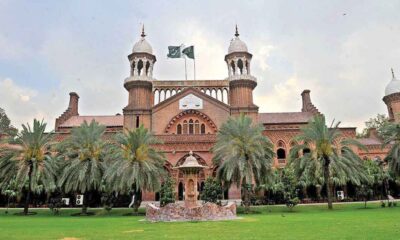
 Latest News3 days ago
Latest News3 days ago
